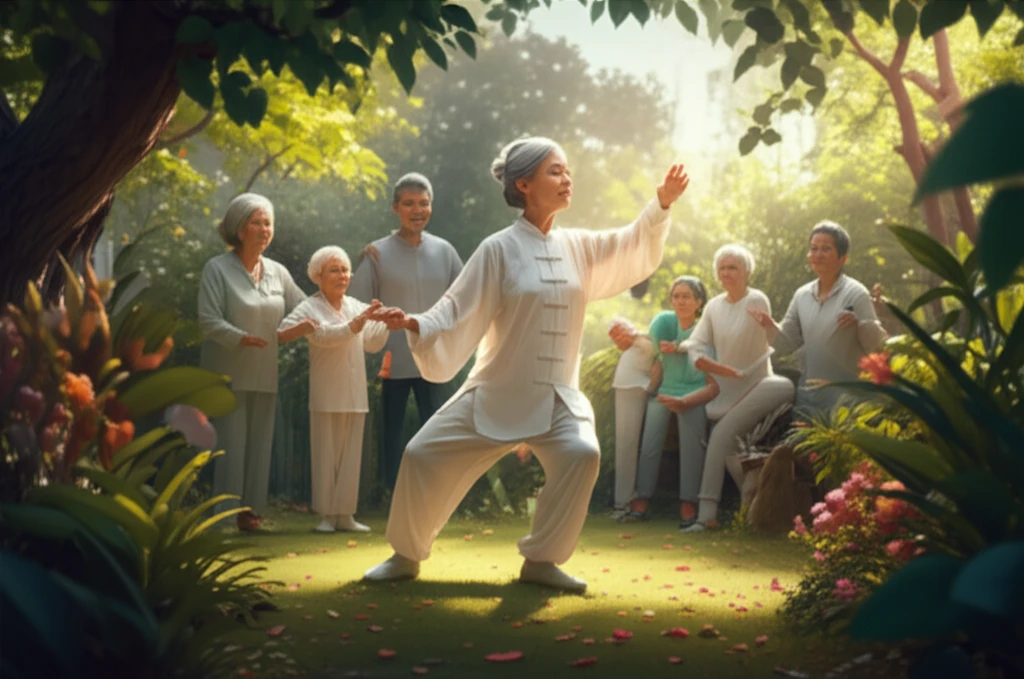
Unlocking Wellness: How to Support Elderly Caregivers and Promote Healthy Aging
"Discover strategies and insights for enhancing well-being, managing stress, and fostering supportive environments for both caregivers and the elderly."
The global population is aging, and with this demographic shift comes an increased need for effective strategies to support both the elderly and their caregivers. Caregiving can be a demanding role, often leading to stress and burnout. Meanwhile, elderly individuals themselves face unique challenges in maintaining their health and well-being. Understanding these intertwined dynamics is crucial for fostering healthier, more supportive communities.
Recent research highlights the importance of environmental factors in influencing the well-being of elderly family caregivers. These factors can significantly impact their mental and emotional health, underscoring the need for holistic approaches that consider both the caregiver's environment and the individual's specific needs. Additionally, innovative approaches like integrating traditional Chinese medicine are gaining traction for their potential to enhance sleep quality and overall wellness in the elderly.
This article delves into practical strategies and insights for supporting elderly caregivers, promoting healthy aging, and leveraging innovative therapies. By exploring the latest research and real-world applications, we aim to provide actionable guidance for creating environments that foster well-being, reduce stress, and enhance the quality of life for both caregivers and the elderly.
Creating Supportive Environments for Elderly Caregivers

Caregiving can take a significant toll on one's mental and physical health. Studies have shown that caregivers often experience higher levels of stress, anxiety, and depression compared to non-caregivers. This underscores the critical need for interventions that specifically target the unique challenges faced by those providing care for elderly family members.
- Family Environment: A supportive and harmonious family dynamic can significantly buffer the stress of caregiving.
- Secure Living Environment: Ensuring the elderly individual lives in a safe and comfortable setting is essential.
- Interactive Environment: Opportunities for social interaction and engagement can combat feelings of isolation and loneliness.
Integrating Traditional Medicine for Enhanced Sleep Quality
Traditional Chinese medicine (TCM), combined with therapies like acupuncture and moxibustion, is emerging as a promising approach for addressing sleep disorders in the elderly. These methods aim to restore balance within the body and promote relaxation, offering a potential alternative or complement to conventional treatments. As research continues to validate these approaches, integrating TCM into elderly care plans may provide a valuable pathway to improved sleep quality and overall well-being.
